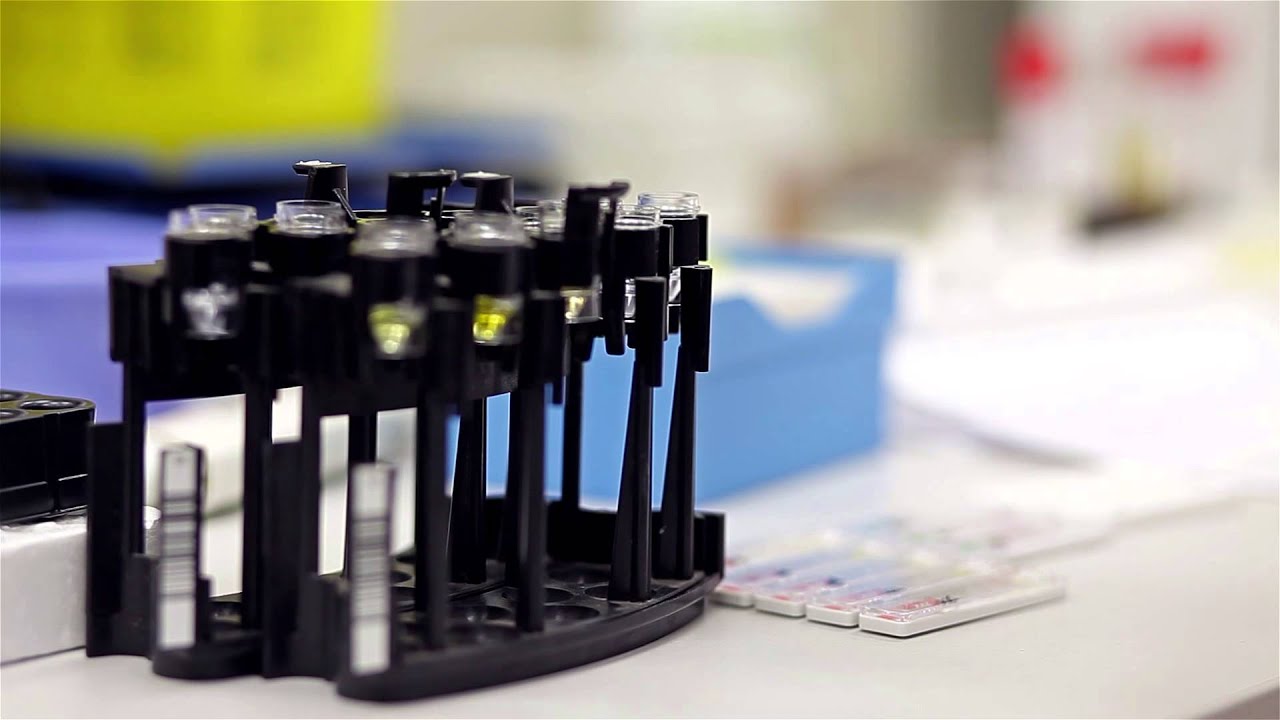Microbiome and Nutrition
The complex community of bacteria, yeasts and viruses living in our intestines, collectively known as the gut microbiome, is shaped, in part, by what we eat. Genetics, environment, and other factors also influence an individual’s microbial community. Research at the NRI investigates these complex relationships and their impact on disease risk. We use animal models and bioinformatics to study the associations between nutritional metabolites, gut microbiome, and health. What happens in the gut doesn’t stay in the gut. Your microbiome can play a role in cardiovascular disease, obesity and diabetes, and even cancer. Our team envisions a future where analysis of your microbiome can determine disease risk, and medical foods can be prescribed to treat and prevent disease by regulating the microbiome.
Publications
Microbiome and Nutrition Publications
2020
Population studies of TMAO and its precursors may help elucidate mechanisms. Meyer K
2019
Association of dietary patterns with the gut microbiota in older, community-dwelling men. Meyer K
2018
Meta-analysis of human genome-microbiome association studies: the MiBioGen consortium initiative. Meyer K
Human microbiota, blood group antigens, and disease. Sumner S
2017
Trimethylamine N-Oxide, the Microbiome, and Heart and Kidney Disease. Zeisel S
2016
Diet and Gut Microbial Function in Metabolic and Cardiovascular Disease Risk. Meyer K
Antibiotic-mediated gut microbiome perturbation accelerates development of type 1 diabetes in mice. Sumner S
Related News
Spinach and Flaxseed Pesto
April 27, 2016 • Spinach and Flaxseed Pesto recipe designed by Chef James O’Hara, Senior Instructor at Johnson & Wales University.
NRI Postdoctoral Research Associate receives Trainee Merit Award from the ASA
April 26, 2016 • Summer Goodson earned her Ph.D. in Cell and Development Biology from the University of North Carolina at Chapel Hill in 2011. Now, only five years later, she has been recognized for a significant contribution in the field of andrology. In April, at the 41st Annual American Society of Andrology (ASA) Conference in New Orleans, LA, she was evaluated by anonymous judges and became one of four out of 148 trainees to receive the Trainee Merit Award.
Study of Space Travelers Helps Explain Disease in the Earthbound
April 26, 2016 • Some inherited genetic mutations have obvious harmful effects, such as those associated with cystic fibrosis or sickle cell anemia. Now, scientists are learning more about stress-induced effects of gene mutations. We have known for some time that certain astronauts who had spent time at the International Space Station developed vision problems.
Dr. Stephen Hursting discusses obesity research
April 25, 2016 • Watch Stephen Hursting, Ph.D., M.P.H. discuss his research on Fox 46.

Genomes Studying Basics
This new trend lets us all see a much wider scope on how people react and interact with the web and hardware these days. So let’s try to analyze, which marketing researches can employ such a feature?
Cashew Chipolte Crema
April 12, 2016 • Cashew Chipolte Crema recipe designed by Chef Megan Lambert, Senior Instructor at Johnson & Wales University.


